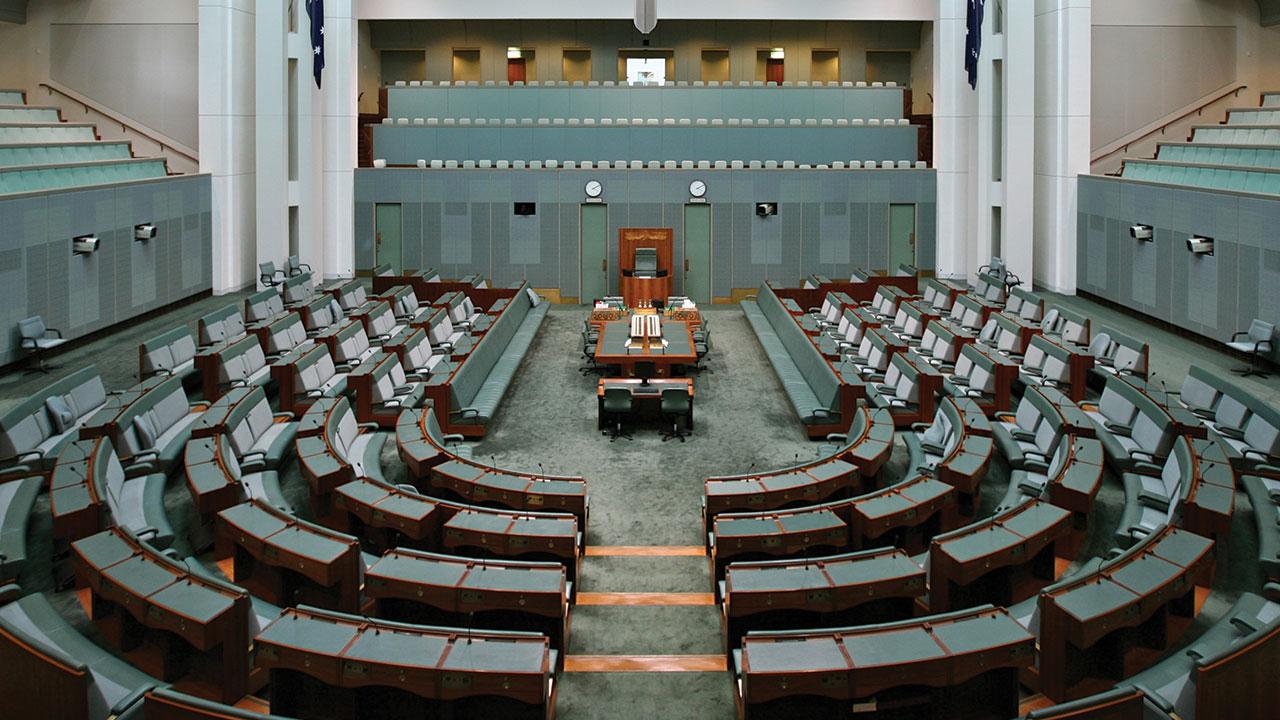
Do members need to attend Parliament?
For the past year Queensland MP for Fairfax, Clive Palmer has been under fire for failing to attend Parliamentary Committee Hearings and Parliamentary Sittings. He has the lowest attendance record in Parliament.
As a Member of the House of Representatives, Clive Palmer sits on the following three Committees:
- Standing Committee on Economics
- Standing Committee on Infrastructure and Communications
- Joint Select Committee on Trade and Investment Growth
It has been reported that the other Committee members are angry that Mr Palmer does not attend hearings.
How do we know about Mr Palmer’s attendance?
Voting and attendance in Parliament and at Committee hearings has been recorded since federation. However, to locate this information you have had to trawl through pages and pages of hansard, votes and proceedings and journals of the Senate.
A new project - They Vote for You by OpenAustralia Foundation has compiled comprehensive data on how every MP and Senator votes. The project statement is “Forget what politicians say. What truly matters is what they do. And what they do is vote, to write our laws which affect us all.”
The project has created an easily searchable summary of each Member and Senator and has recorded Clive Palmer with 6.1% attendance during voting divisions in the House. Although this very low attendance record may include occasions when Mr Palmer has abstained from voting, it does create a useful record for the constituents of Fairfax to judge their representation in Parliament.
But he says he doesn’t need to be there….
Mr Palmer has previously stated "Not everything that happens in Parliament is of any substance or any reality" and believes he can better represent his electorate outside the chamber. Contrary to this, our Constitution stipulates that members must attend the House or their seat will become vacant.
Section 38 of the Constitution states “The place of a member will become vacant if for two consecutive months of any session of the Parliament he, without the permission of the House, fails to attend the house”.
In the Annotated Constitution of the Commonwealth of Australia (1901) Quick and Garran describe “Absence” in reference to Section 38:
It is an ancient constitutional rule that every person elected to serve in Parliament is bound so to serve. “Service in Parliament” was a duty which might be cast upon every person not expressly disqualified; this duty he could not decline or invade, and even the Crown could not exempt him from the obligation. It is a consequence of the same principle that members are bound to attend during the whole time that Parliament is sitting.
This provision in the Constitution has never been applied, however the matching rule for the Senate has been used once. In 1903, Senator John Ferguson from Queensland became the only senator to lose his place under Section 20 of the Constitution for non-attendance.
It is clear that the framers of our Constitution intended for members of Parliament to attend sittings. However, as long as Mr Palmer attends Parliament every so often he will not be in breach of Section 38 of the Constitution. Nevertheless, if the voters in the electorate of Fairfax feel they are not being adequately represented they may choose a different candidate at the next election.
Image atrributed to Alex Prolmos

